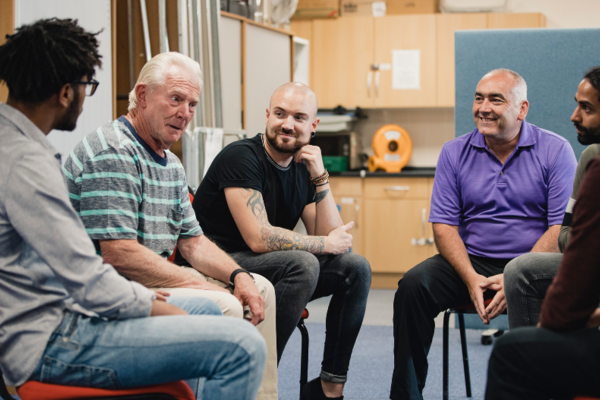The event
By attending this webinar, you will gain a better understanding of how motivational interviewing and individual motivational plans can decrease the risk of perpetrators dropping out of your programme and increase the chance of behavioural changes. You will also explore how group dynamics can contribute to positive programme outcomes.
This is a practice-focused, evidence-based event aimed at facilitators of domestic violence perpetrator programmes, Service Managers, Integrated Support Service Workers, Clinical Supervisors, Researchers/Academics, Commissioners and anyone else who is interested in domestic abuse perpetrator interventions.
The speaker
Dr Marisol Lila is a full professor of social psychology at the University of Valencia, Spain. She conducts research on public attitudes toward intimate partner violence (IPV) and the judicial system’s response to IPV perpetrators. Since 2006, she is the designer and head of an intervention programme for IPV perpetrators at the University of Valencia (Programa Contexto). She also has designed and evaluated a motivational tool to increase participants’ adherence to IPV perpetrator programmes.

More info about the webinar
Dr Lila will focus her presentation on two themes, based on the findings of a randomised control trial about the use of motivational strategies in 2013-14 and a recent systematic review of group processes in perpetrator programmes.
How integrating individualised motivational plans (IMP) can improve the effectiveness of domestic violence perpetrator programmes.
A 2013-14 study highlighted that adding motivational strategies to standard batterer intervention programmes resulted in better treatment compliance and motivation for change. Through this randomised control trial with 153 men convicted of intimate partner violence, those in the BIP plus IMP group were found to have had stronger working alliances with facilitators and showed more pro-therapeutic behaviours compared to the standard BIP group.
A better understanding of how group dynamics can contribute to positive programme outcomes.
The findings from a 2024 systematic review suggest that group processes are key factors in intervention programmes for IPV perpetrators, and a better understanding of how these group processes are shaped, and how they can contribute to positive program outcomes, provides a new approach and insights to improve their effectiveness.
Book your place
Tickets are available to buy through this link

